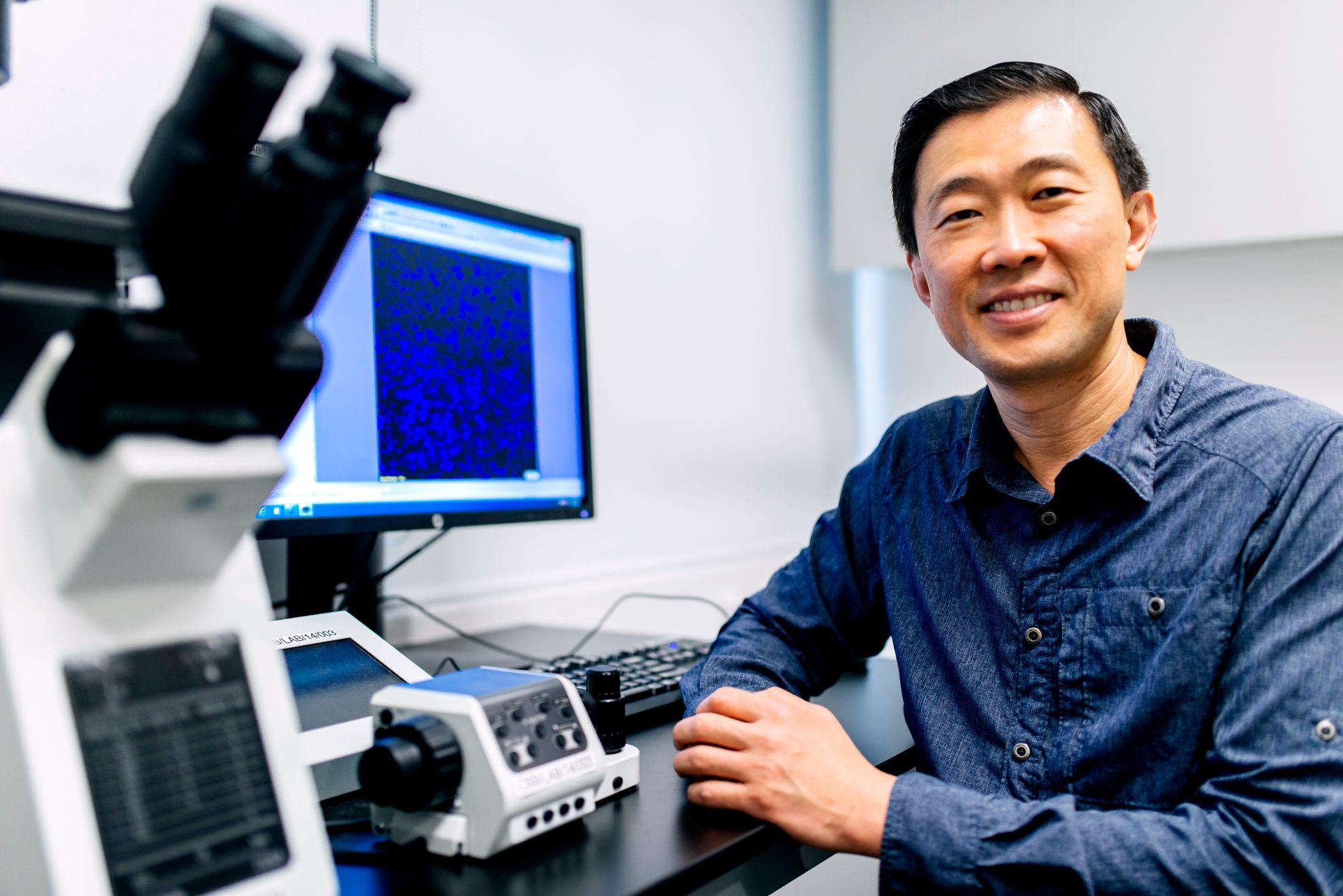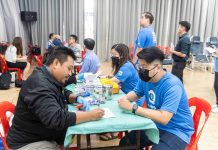Embarking on the journey of entrepreneurship, Dr. Steven Fang, founder and executive director of Invitrocue Limited, discovered that success is not solely measured in monetary terms or the sheer size of a company, but rather in the profound impact it could have on people’s lives.
With this ethos as the guiding principle, he established Invitrocue, drawing upon three decades of experience in business and start-up ventures, particularly in the biotech sector in Singapore.
However, the journey was far from smooth sailing. In fact, 20 years ago, prior to the health-tech boom in Singapore today, the concept of commercialising experimental medical technologies like stem cell therapy was considered as groundbreaking as it was unheard of, similar to the introduction of an AI doctor today.
The absence of biotech startups during that period resulted in a dearth of regulatory framework, market knowledge, and resources for investors, deterring them from venturing into biotech.
To start Invitrocue, Dr. Steven had to learn how to navigate the biotech investment market from scratch and gather the help of like-minded angel investors and medical professionals who believed in the work being done. Thankfully, this was not his first rodeo.
Having built and invested in initial start-up ventures, along with professional engagements in healthcare-related companies such as GSK, Baxter, and Becton Dickinson, paved the way.
Time to Market
What has been learned is that the “Time to Market” is a pivotal factor. It transcends mere strategy and funding, emphasizing the readiness of technology or business models for the market.
The decision on when to build or leverage existing markets is relative to the risks involved, such as when to bring a product or service to market, its operational efficiency, market dynamics, regulatory compliances, financial considerations, and building brand reputation. This can either hinder or set the potential for market ownership in the right direction.
Acknowledging the challenges of entrepreneurship, the significance of Dr Steven’s family support emerged as a crucial element, providing emotional stability amid the trials and tribulations in the journey.
Not long after Invitrocue started, the company was struck by the unfortunate pandemic, which slowed research funding. That, coupled with no clear end to the pandemic in sight, hit the company hard. It was during this time that the founder decided to sell their house to personally fund the research process.
And that required the buy-in and support of the family – which included the founder’s wife and three young kids. Thankfully, the wife was extremely supportive, and they sold the house and adopted a frugal lifestyle to keep Invitrocue alive.
The family knew that the work they were pursuing was bigger than all of them. And it was personal for Dr. Steven too. Apart from being inspired to start Invitrocue through observing a need for tailored biotech interventions in addressing chronic ailments for the rapidly aging population in Singapore, the personalised cancer treatment testing research was also inspired by peers who suffered from cancer and the gaps in treatment testing.
Failure as a Crucial Cornerstone
But sometimes, the best intentions are not enough. As an entrepreneur, Dr Steven has learned that failure is an integral part of success, and it has become a cornerstone of their entrepreneurial philosophy. Learning to fail and fail fast is not just a necessity but a strategic approach to navigate the complexities of building and sustaining a business.
Unlike many other industries where success can be quantified through measurable targets, success in the biotechnological environment requires a unique patience and perseverance, particularly in the Research and Development (R&D) phase.
Drawing on the lessons from the first startup and corporate healthcare experiences in GSK, Baxter, and Becton Dickinson, Invitrocue was founded in 2012. The mission was clear – addressing the surge in chronic diseases like cancer among Singapore’s aging population.
The initial three years proved arduous, taking a toll on both mental health and finances. Despite channeling life savings into the venture, the pressing need for R&D funding loomed large. Few investors were willing to take the plunge into biotech, leaving the founder with no choice but to sell their home and embrace a frugal lifestyle to sustain Invitrocue.
During this challenging period, the founder forwent a salary, redirecting every ounce of revenue back into the business after compensating the dedicated team. The journey seemed endless, an uncharted path with no clear resolution in sight.
All in all, success in this sector isn’t just about making money—it’s about making a real difference. Facing challenges and learning from mistakes is crucial in this complex field. Invitrocue’s story shows that being patient, staying determined, and learning from setbacks can lead to significant success in biotech.
Committing to the Goal
After nearly seven years of unrelenting dedication and foresight, the tide began to turn. In the early stages of Invitrocue, facing limited funding, a significant personal investment from the founder and their family became the catalyst for success as the company secured multiple contracts, marking a pivotal moment in its growth.
“Today, Invitrocue stands proudly as a global leader in advanced oncology and bio-analytics solutions. The journey is defined by the development of groundbreaking products, such as HiMice and Onco-PDO, through success in licensing innovative cell scaffolding technology. Set to launch in Singapore this year, Onco-PDO is poised to revolutionize cancer treatment by leveraging patients’ own cells for personalized testing against chemotherapy agents in the laboratory,” said Dr. Steven.
Embarking on a journey that spans nearly three decades has imparted invaluable insights, with three pivotal lessons standing out: the paramount importance of “Time to Market,” the significance of a visionary approach to business, and the transformative merits encapsulated in the philosophy of ‘failing early and failing fast.’
This journey has been marked by resilience and strategic decision-making, with a turning point emerging after almost seven years of unwavering dedication. In the early phases of Invitrocue, confronted by limited funding, a substantial personal investment from the founder and their family became the catalyst for success.
Looking forward, Dr. Steven said the sector will continue to evolve, with AI and automation playing a pivotal role in addressing workforce shortages and revolutionizing healthcare.
Notably, the biotech market is anticipated to reach a staggering US$3.2 billion by 2030, underlining the immense potential for growth and innovation in the coming years.















